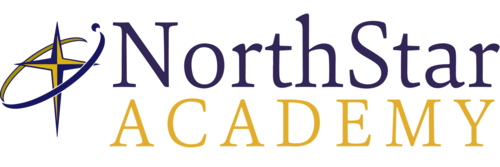Summary of course content and activities:
Language is used to communicate with and have an impact on those around us. As students develop their language skills, they learn to become better communicators, and Language Arts 8 seeks to provide students with the skills necessary to do this. Through the novel studies, students will be introduced to two people who had a tremendous impact on their world through their life-changing experiences. Students will see how these individuals became communicators of God's love through their experience. This course seeks to help students understand the positive impact they can have on their world through language.
Language Arts 8 includes four units with vocabulary, creative writing, research writing, comprehension activities, and grammar exercises. The four units are:
- Short stories
- Novel Study: God’s Adventurer (The story of Hudson Taylor)
- Novel Study: The Hiding Place (The story of Corrie ten Boom)
- Poetry
Pre-requisite(s):
The pre-requisite course for Language Arts 8 is Language Arts 7.
Materials and resources required:
Provided by NSA:
- Language Arts 8 Online lesson and assignment documents
- LITERATURE: Timeless Voices, Timeless Themes, silver level
- God’s Adventurer
- The Hiding Place
Purchased by student:
- Language Power workbook, Level F (provided by NSA, invoiced to families for workbook cost).
Students should expect to spend at least five hours a week on this class.
Students will be evaluated on assignments provided in the lessons. These include projects, creative writing, grammar exercises, comprehension quizzes, group discussions, etc. These will be submitted to the teacher for marking. Closed-book tests are given throughout the course. There is a final cumulative exam for this course.
The breakdown of marks is as follows:
- Assignments: 65%
- Tests: 25%
- Discussions: 10%
